The product flops big companies would like to forget
Products the public rejected

Fat Free Pringles
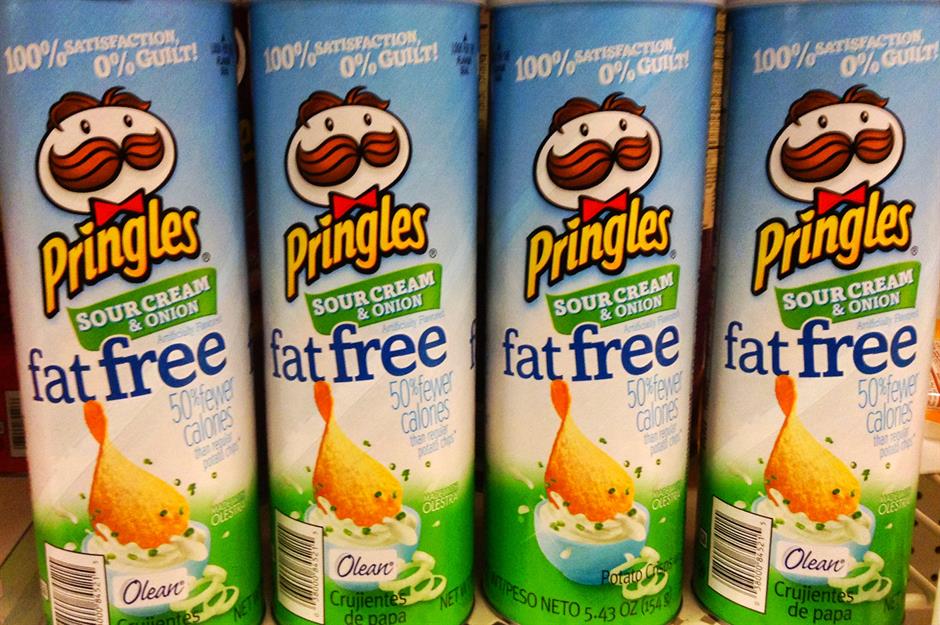
Burger King Satisfries
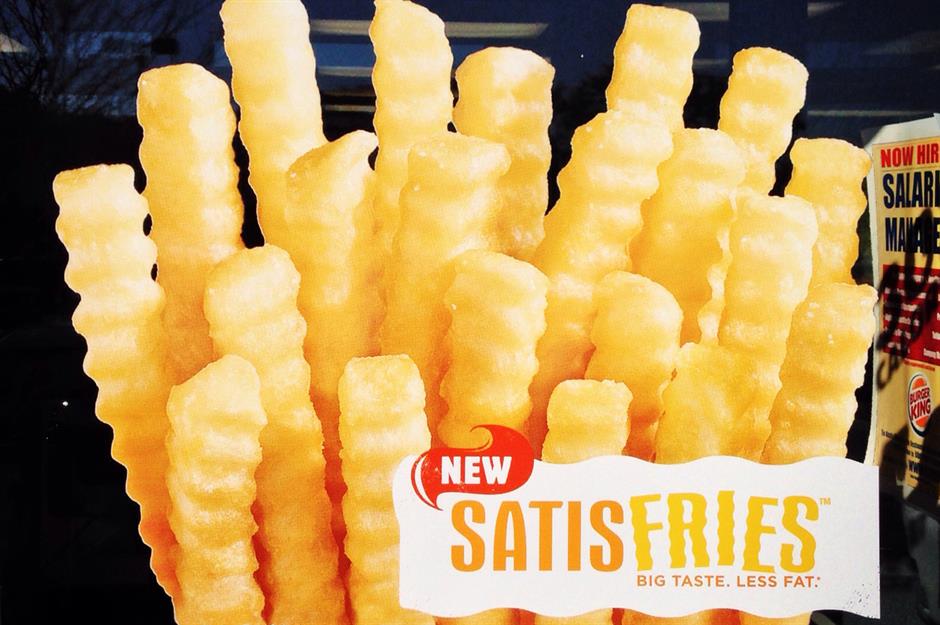
Sponsored Content
Neflix Qwikster
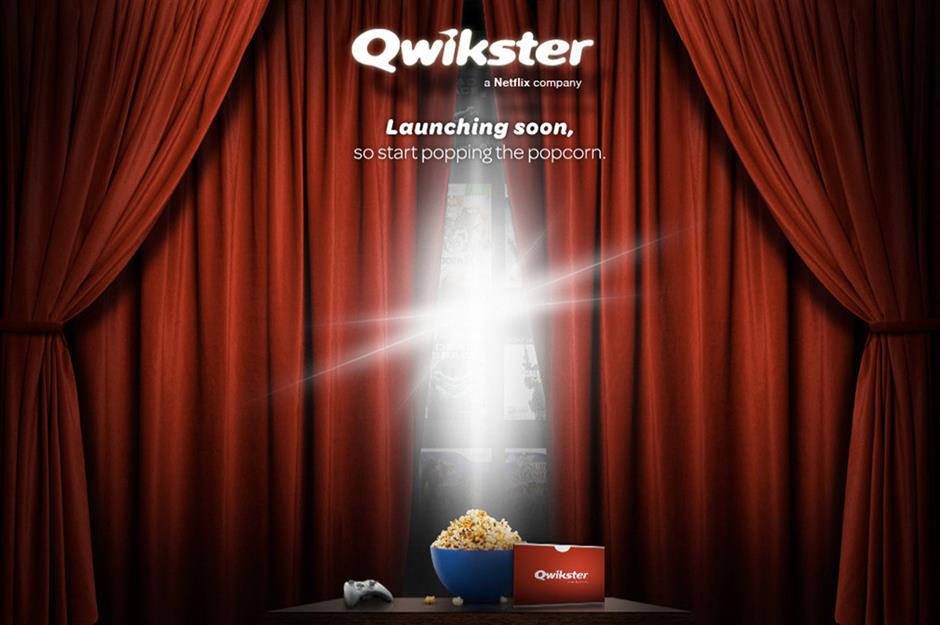
Pepsi AM
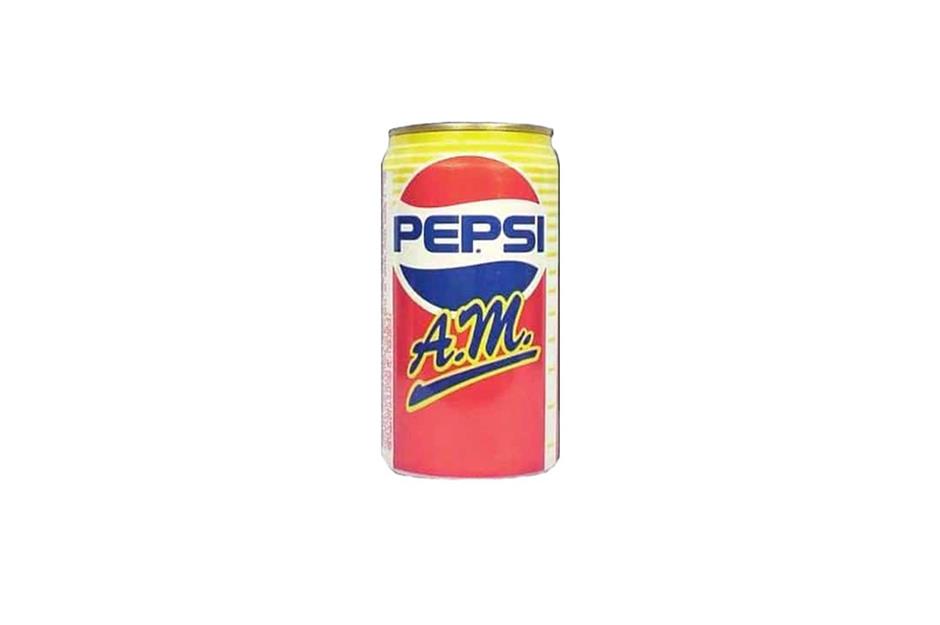
Oakley Thump MP3 Sunglasses
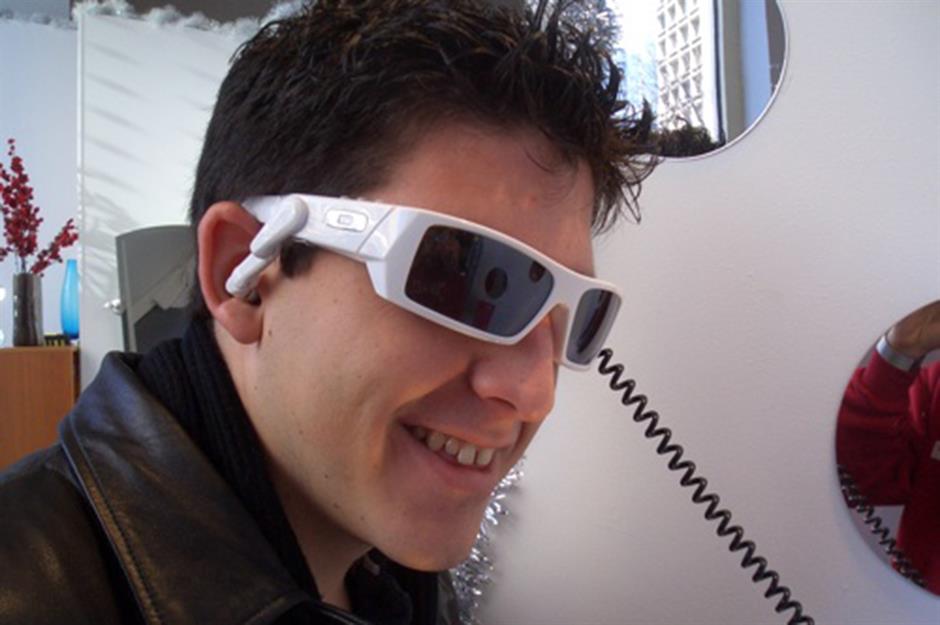
Sponsored Content
Samsung Galaxy Note7
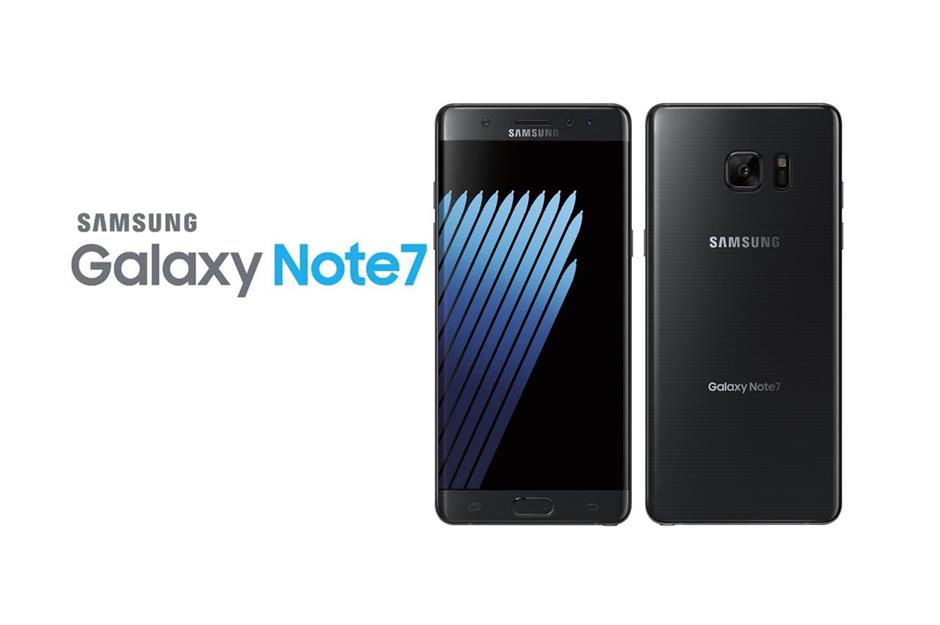
Clairol Touch of Yogurt Shampoo
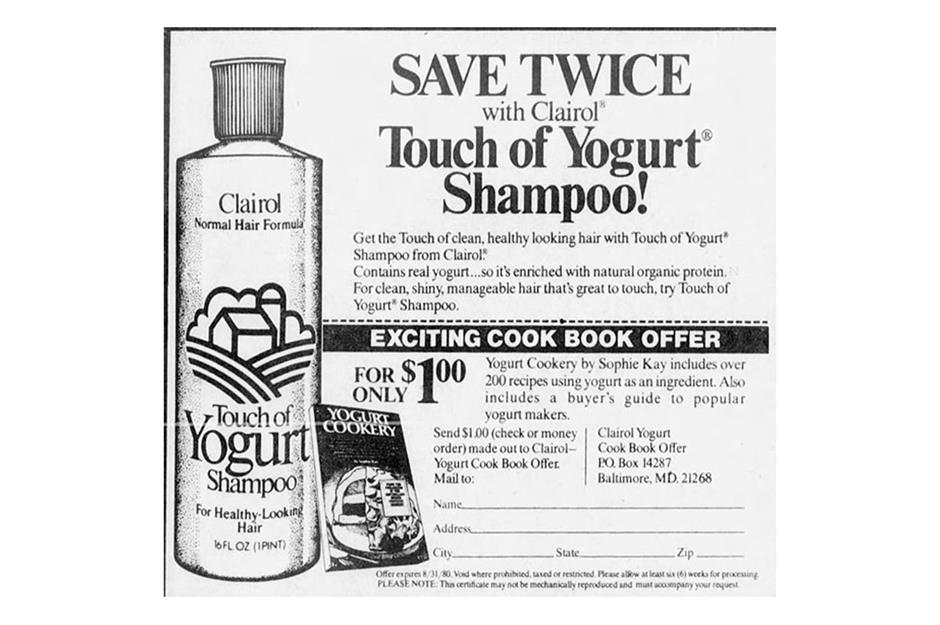
Kraft’s Maxwell House Ready to Drink Brewed Coffee
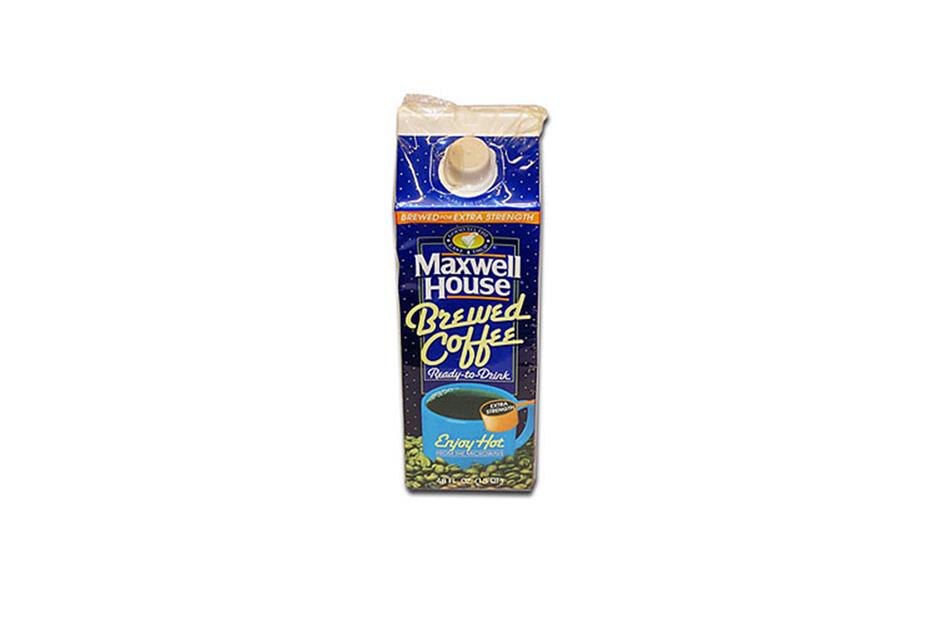
Sponsored Content
Cheetos Lip Balm
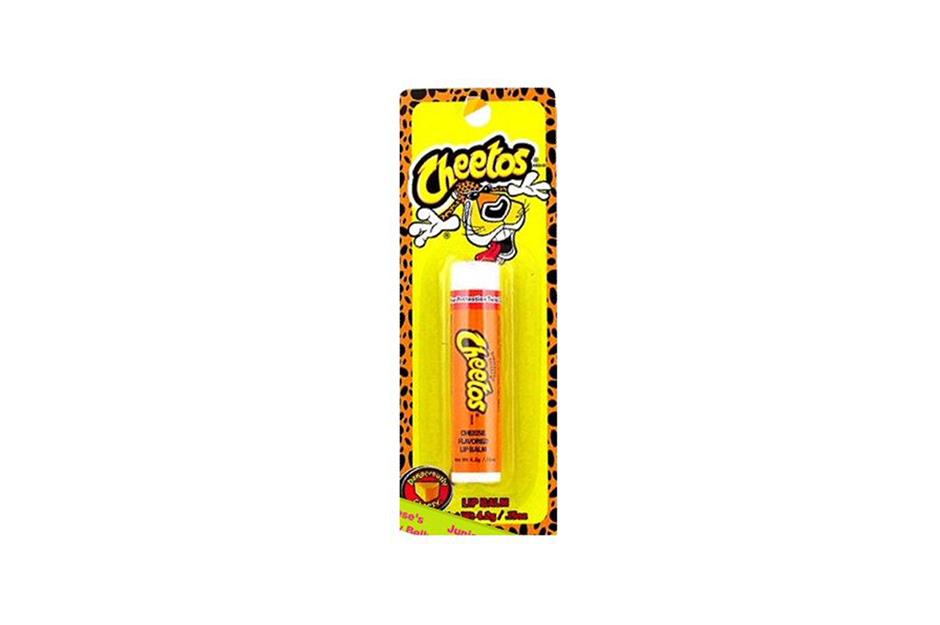
Coors Rocky Mountain Spring Water
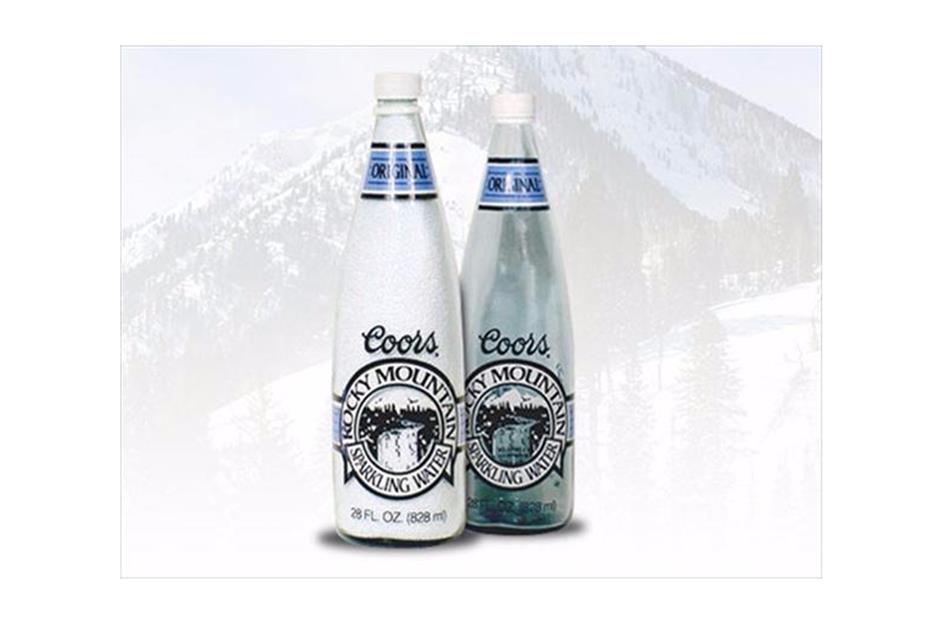
Campbell’s Souper-Combo
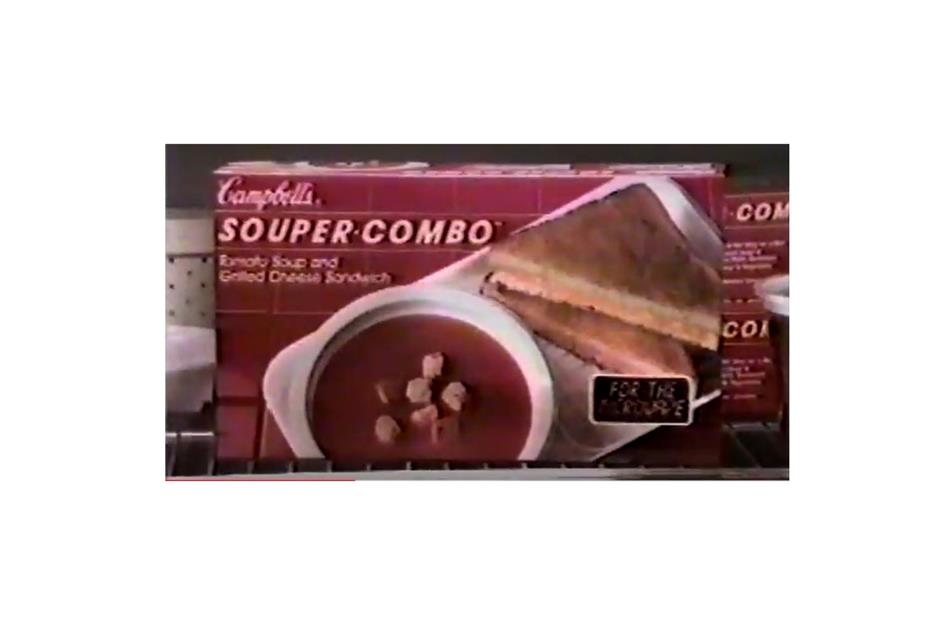
Sponsored Content
Rejuvenique Electric Facial Mask
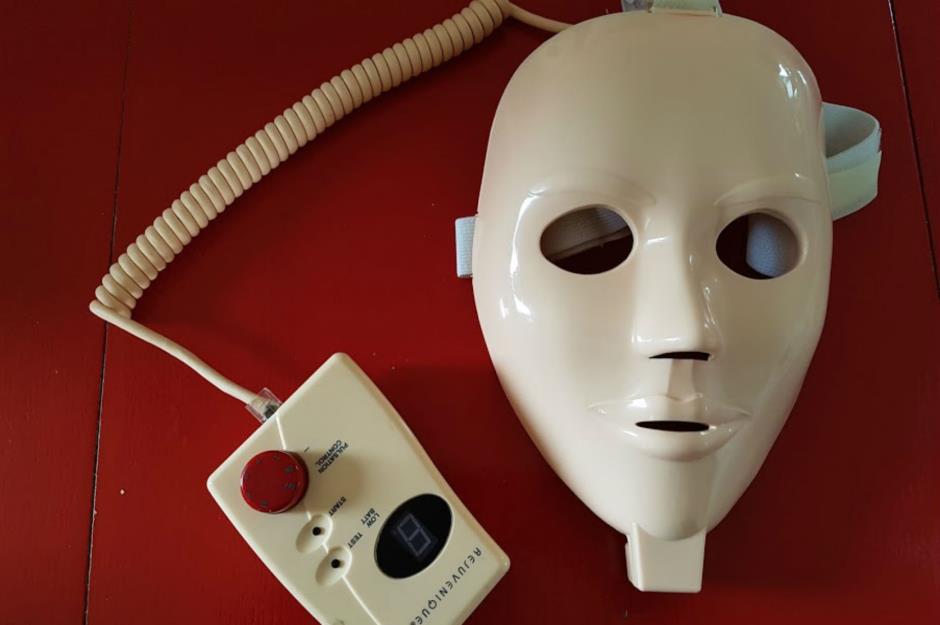
Coke II (New Coke)
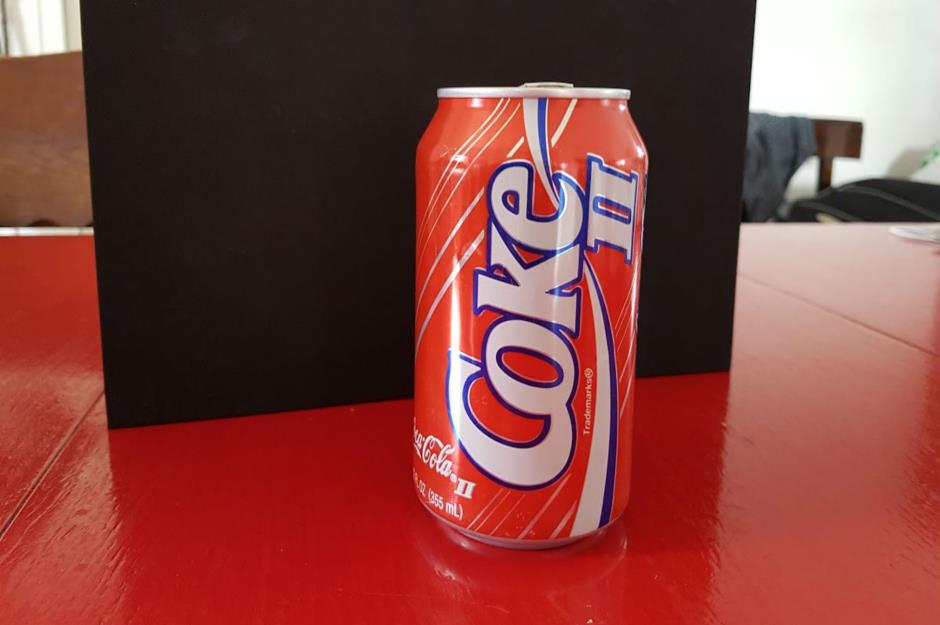
HTC First ‘Facebook Phone’
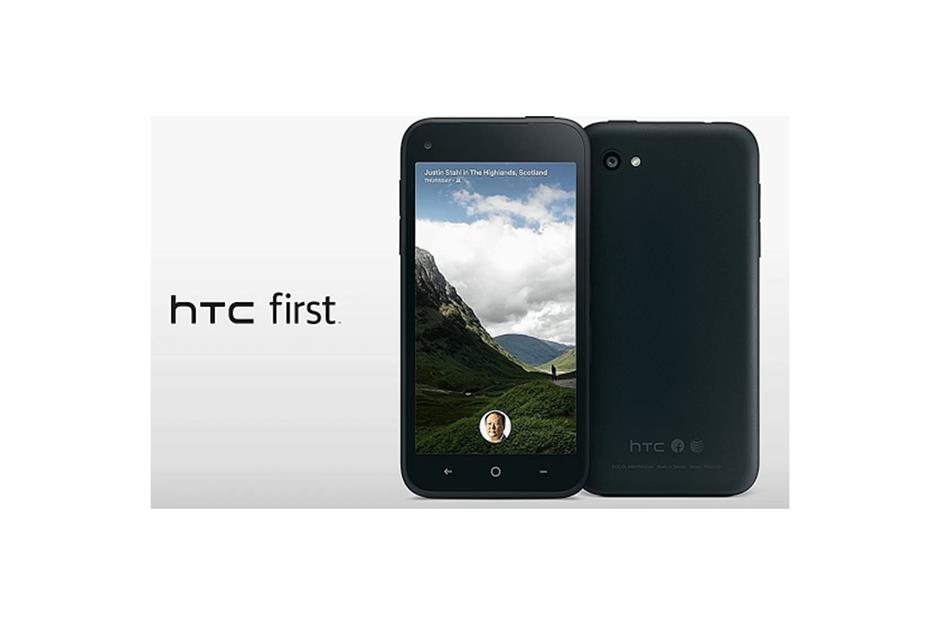
Sponsored Content
Crystal Pepsi
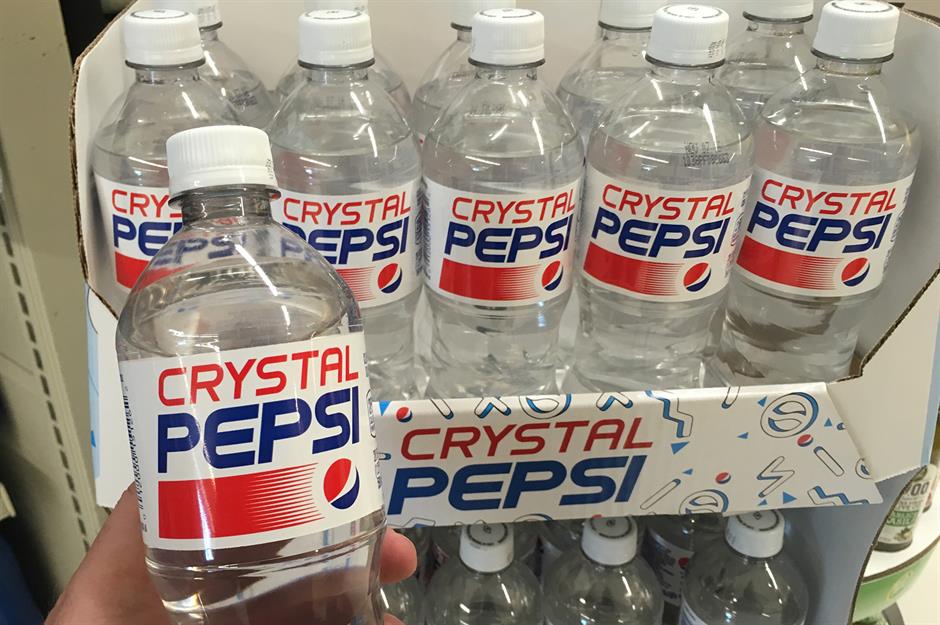
Frito-Lay Lemonade
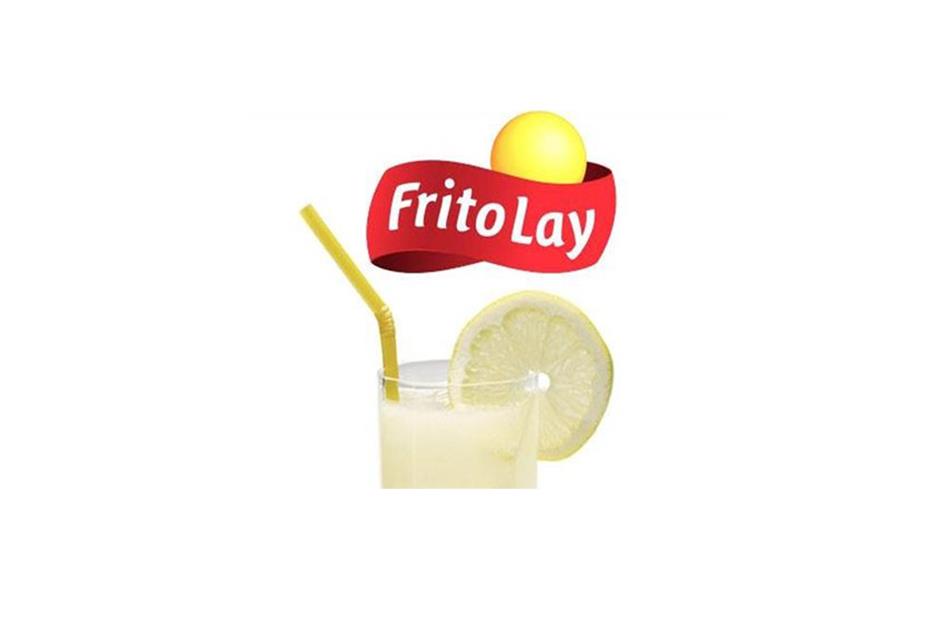
Apple’s Newton MessagePad
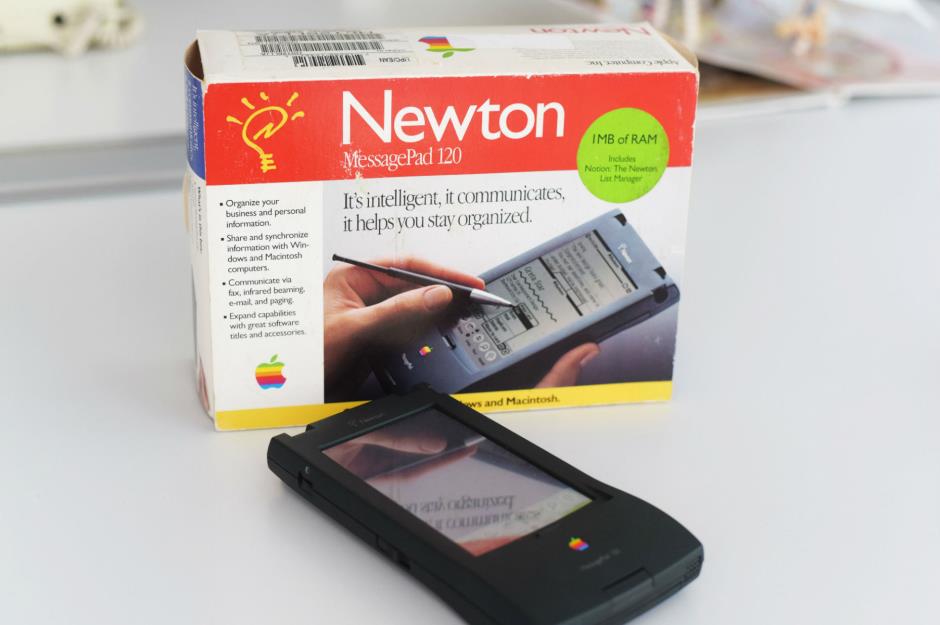
Sponsored Content
Nokia N-Gage
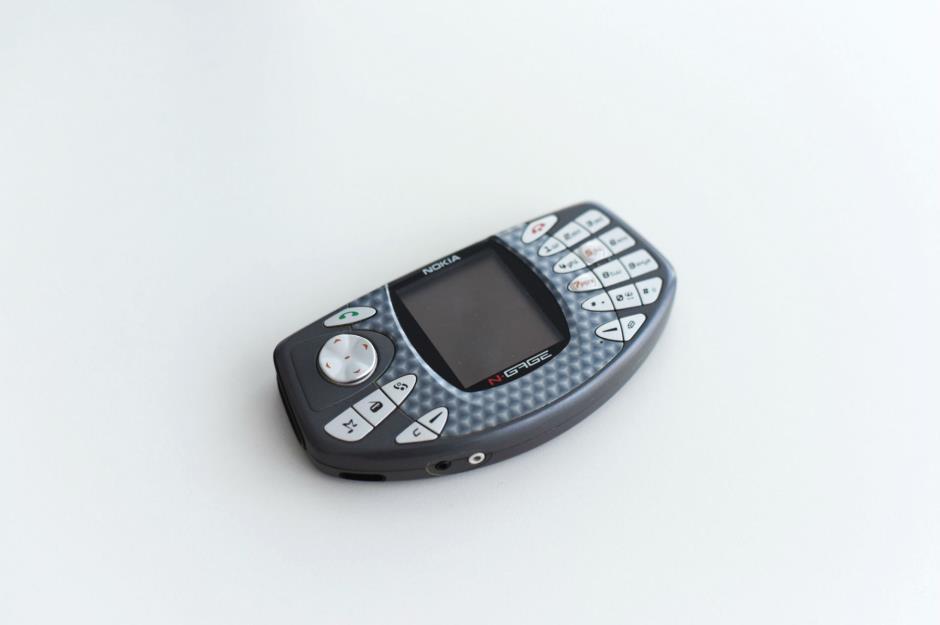
Harley-Davidson ‘Hot Road’ cologne
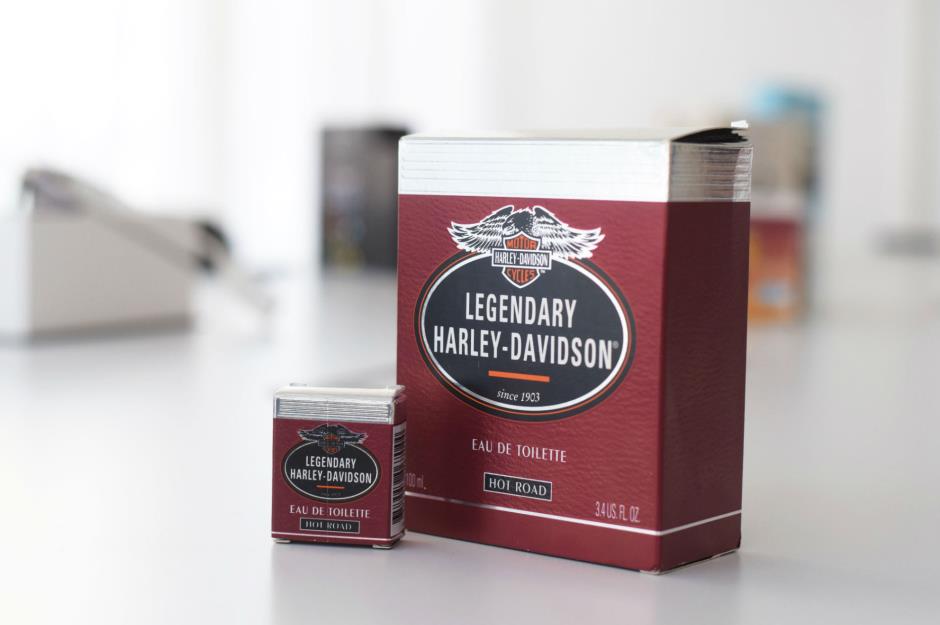
Sony’s Betamax Player
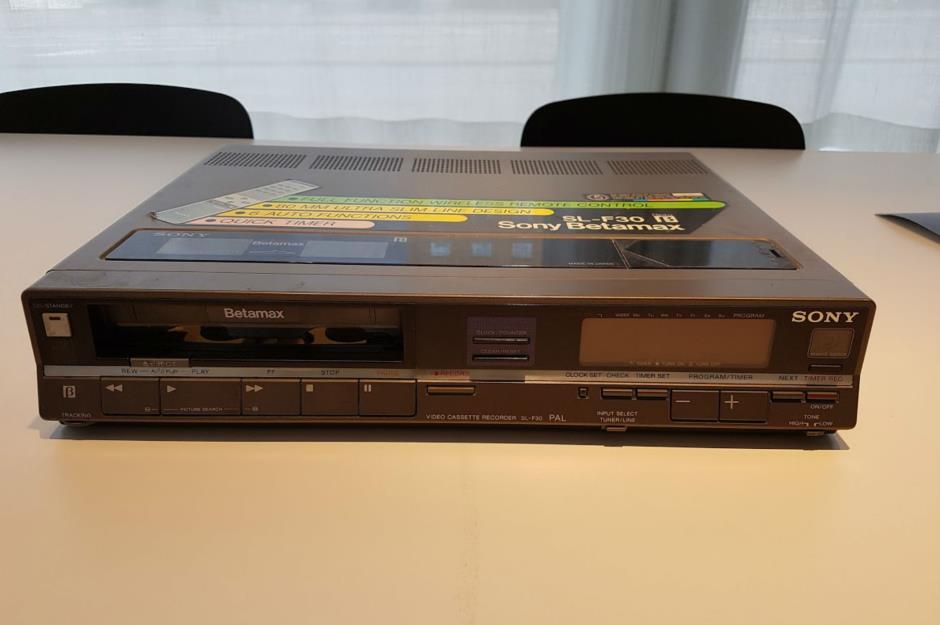
Sponsored Content
BIC’s “for Her” pens
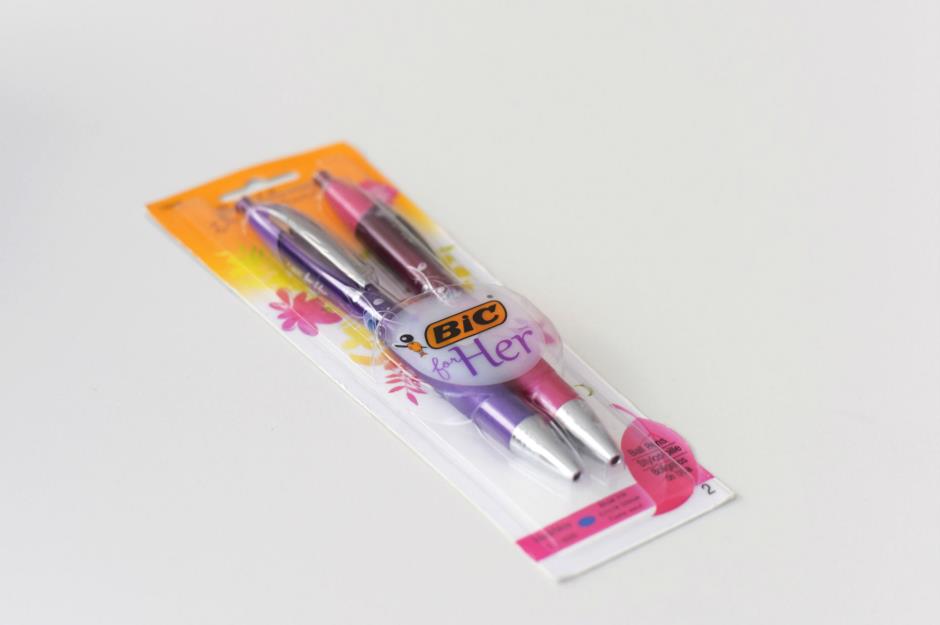
Cosmopolitan Yoghurt
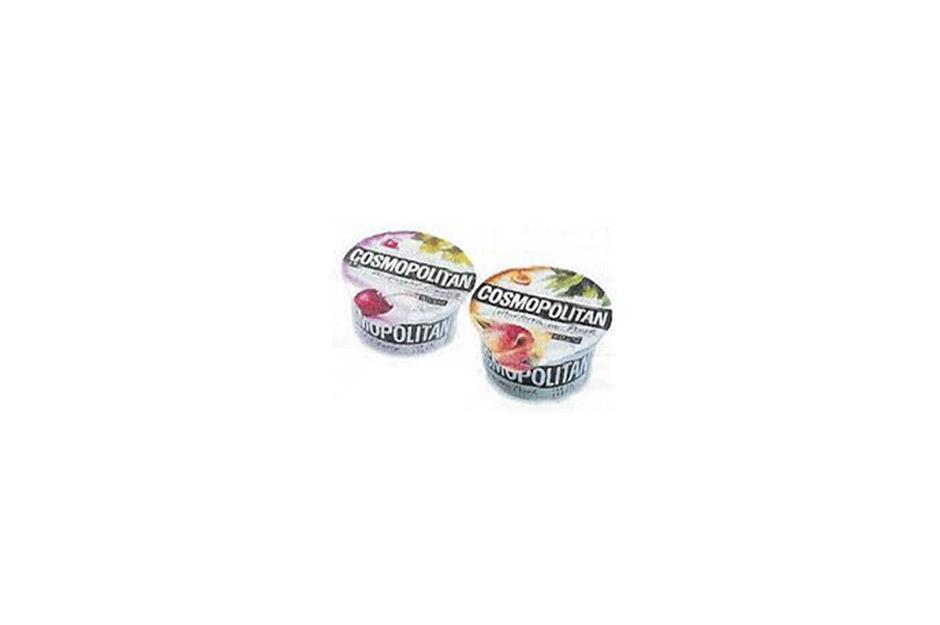
In the Legally Blonde movies, Reese Witherspoon’s character, Elle Woods, declares Cosmopolitan magazine “the bible”. But even her loyal persona would have been confused by the publication’s bizarre segway into yoghurt production. Cosmopolitan apparently drew a connection between the magazine’s sex and relationships content and food fetishes, which ‘logically’ meant that branded yoghurts would sell. They didn’t.
Colgate beef lasagne
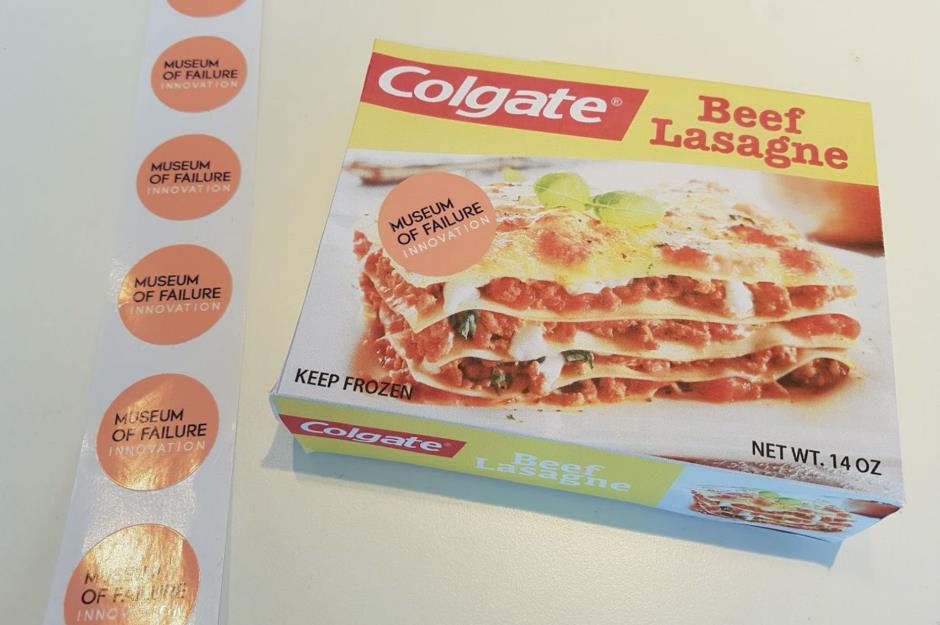
Sponsored Content
Trump The Game
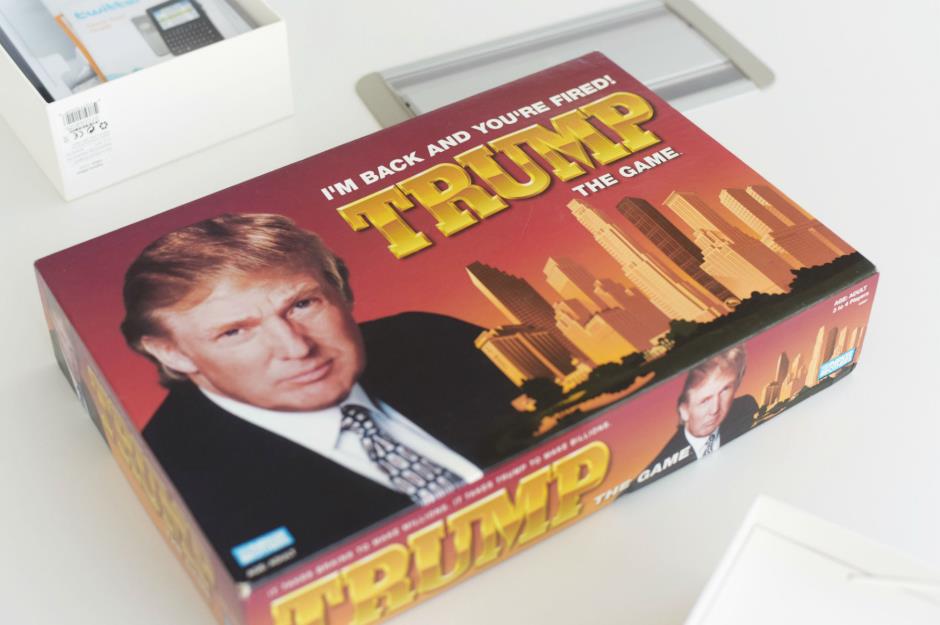
In true POTUS style, Donald Trump was sure his take on Monopoly would fly off the shelves. In fact, the game did so badly after its initial release in 1989 that it barely made half its total expected sales. Not known for backing down, he re-released the product to further disappointment in 2004 following his success on reality TV show The Apprentice. But now people are selling mint-condition original editions of the game on eBay for as much as $65 (£50).
Cuecat barcode scanner
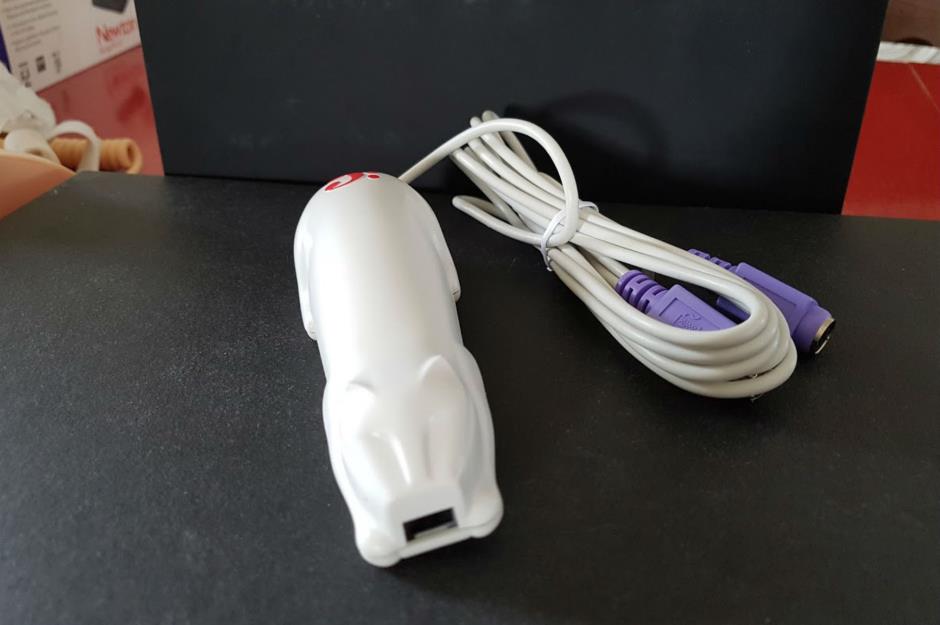
BIC Perfumes
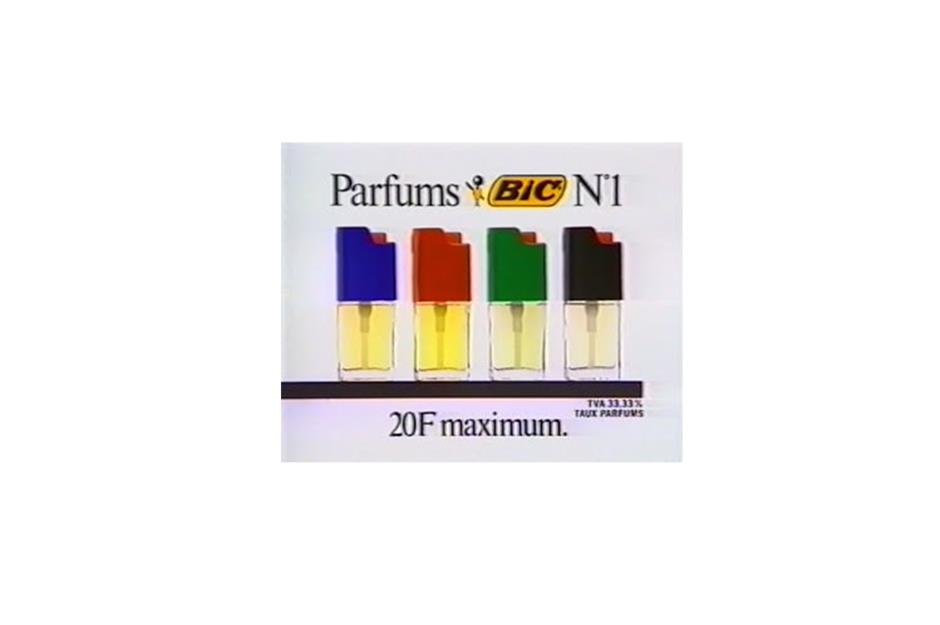
Sponsored Content
Heinz’s Green Ketchup
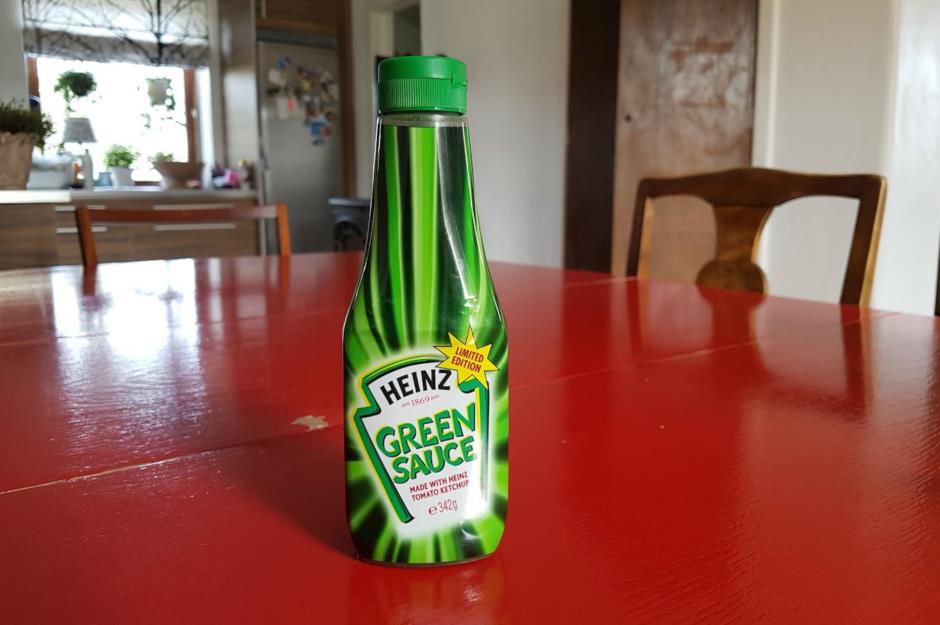
Coca-Cola's Dasani water
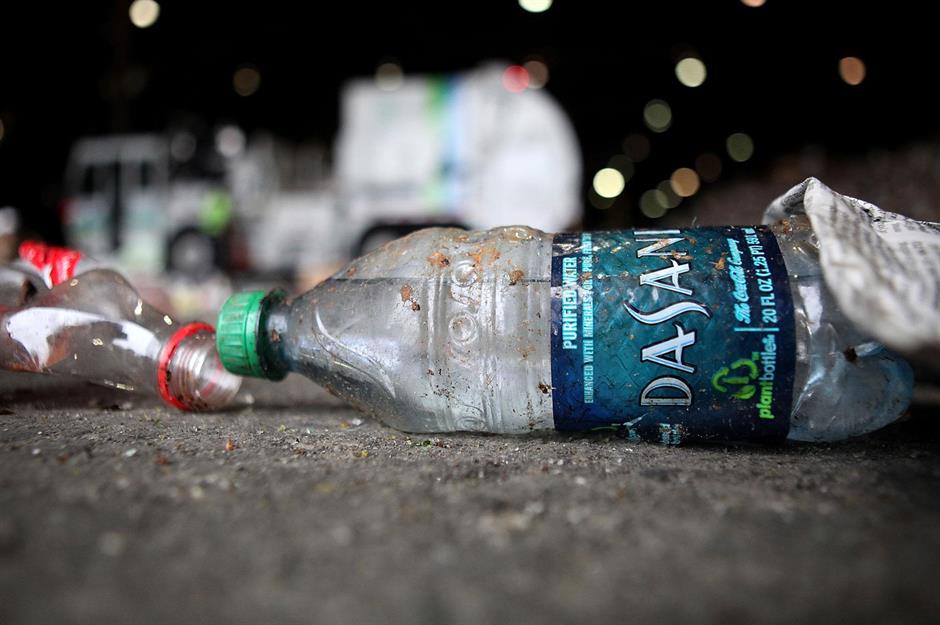
The British media savaged Coca-Cola after it attempted to launch its Dasani water brand in the UK in February 2004 after it was revealed the product was nothing more than treated tap water. The corporate fiasco reached a climax the following month when UK health and safety officers discovered possible carcinogens in samples of Dasani water, prompting Coca-Cola to withdraw the product from the UK market and abandon the ill-fated launch.
Twitter Peek
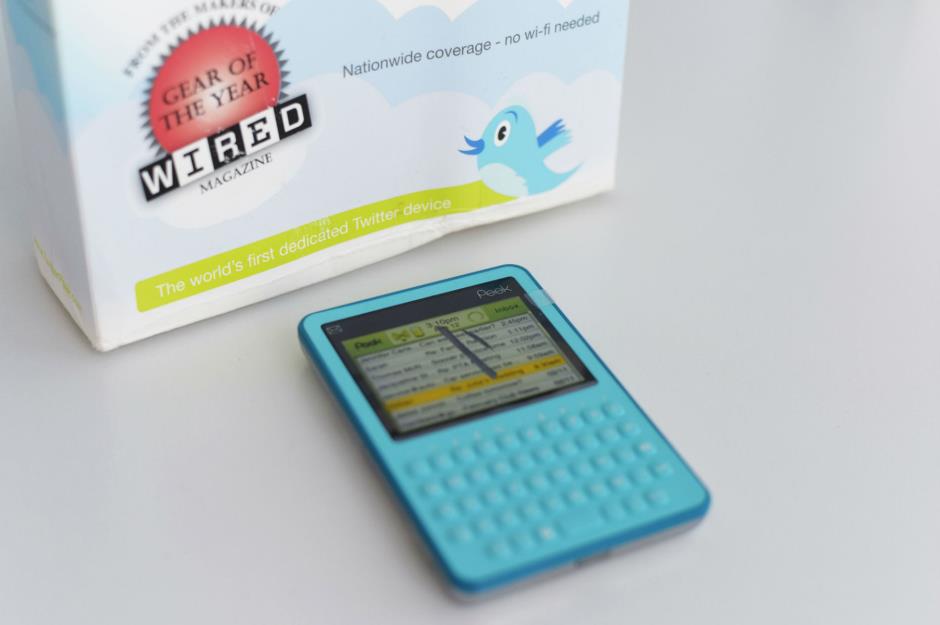
Sponsored Content
Google Glass
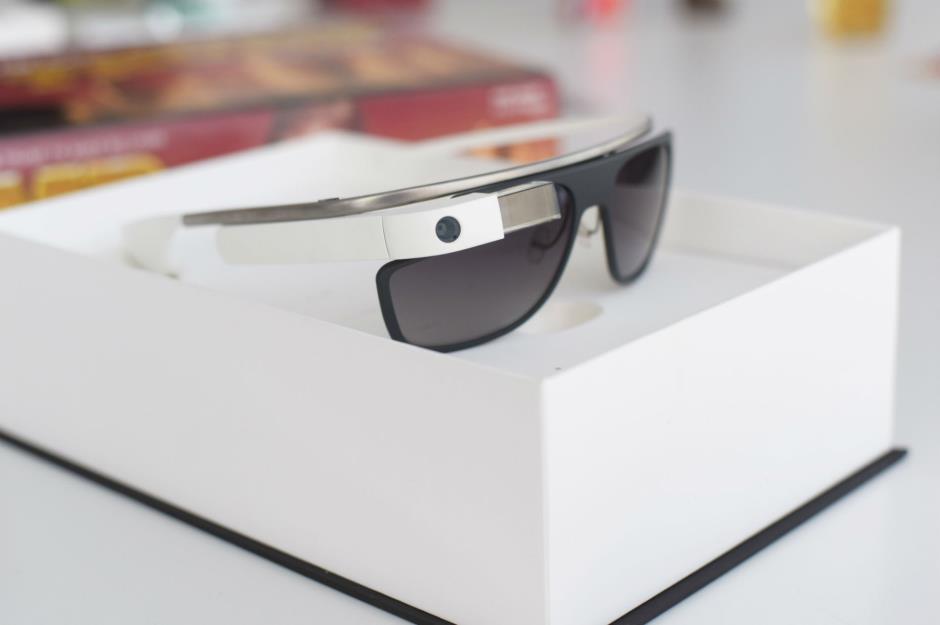
Once dubbed Time magazine’s Best Invention of the Year, Google Glass didn’t make it to mass popularity. Released in 2012, its hefty price tag of over $1,000/£1,000 made it largely unaffordable, and many people complained about privacy issues as they could be filmed without knowing. Google decided it was better to look at other wearable technology.
Amazon Fire Phone
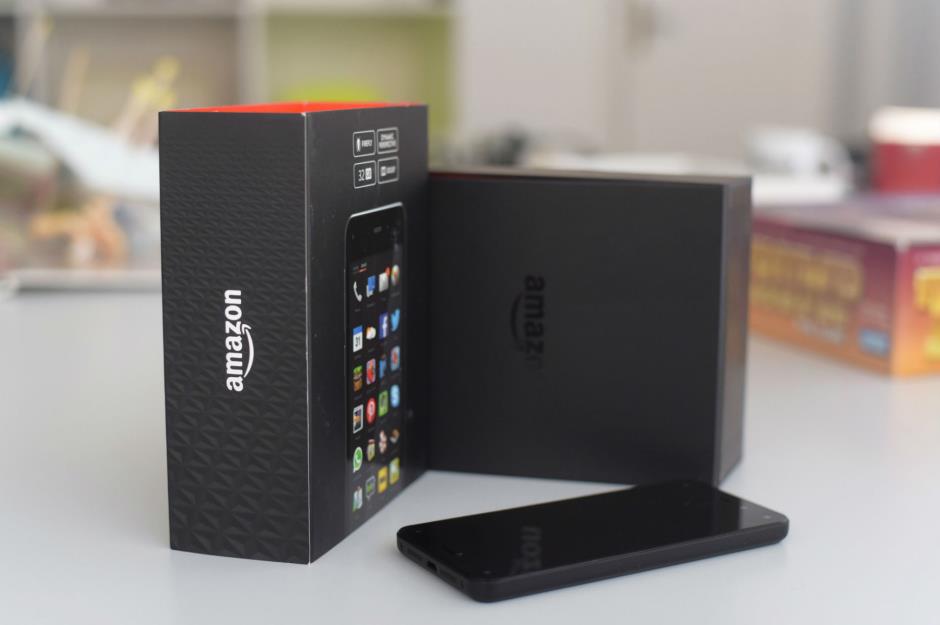
The Amazon Fire Phone was released in 2014. It was Amazon’s first venture into the smartphone market, following the success of its Kindle Fire tablet. The app store was too small so loyal iPhone and Samsung users couldn't be pulled away from their devices. Unfortunately for Amazon, the Fire Phone was a classic “too little, too late” move into this industry.
Pepsi Blue
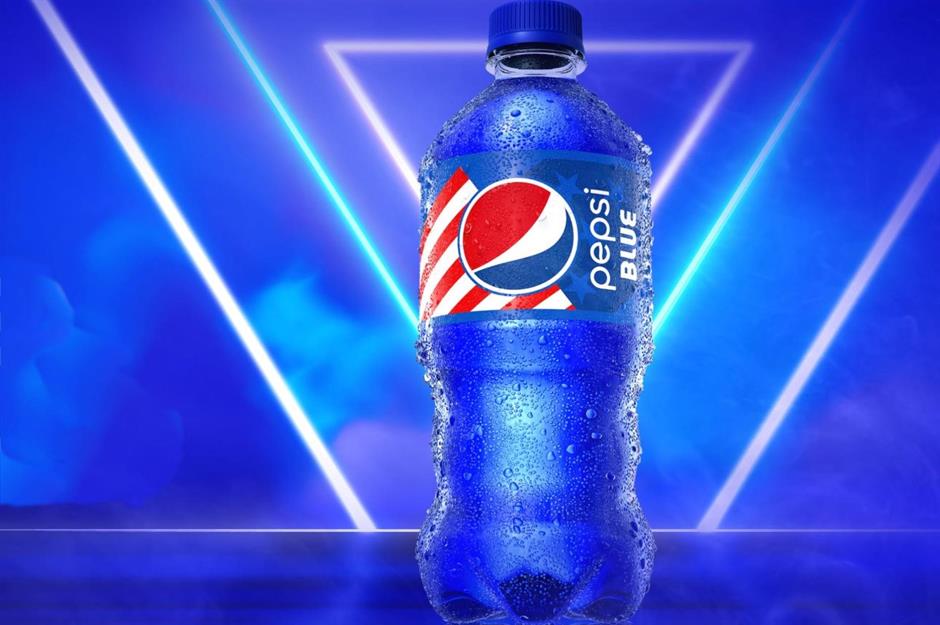
PepsiCo launched the berry-flavoured soda Pepsi Blue in 2002 but, despite relentless promotion from the likes of Britney Spears and the New York Mets, sales of the blue beverage were disappointing and the drink was axed in 2004 in the US and Canada, although it is still sold in parts of Asia. However, despite its previous flop this year Pepsi brought the drink back to American stores. From May, the brightly-coloured beverage was back on store shelves "everywhere that Pepsi products are sold" in 20-ounce bottles and multi-packs for as long as stocks lasted. The move was down to a group of "passionate Pepsi Blue fans [who] have been clamoring for the return of their beloved berry cola", according to PepsiCo's press release. But unless the wider public changes its mind on Pepsi Blue it's unlikely its return will be permanent.
Thanks to the Museum of Failure for permission to use its imagery in this piece.
Sponsored Content
Comments
Be the first to comment
Do you want to comment on this article? You need to be signed in for this feature